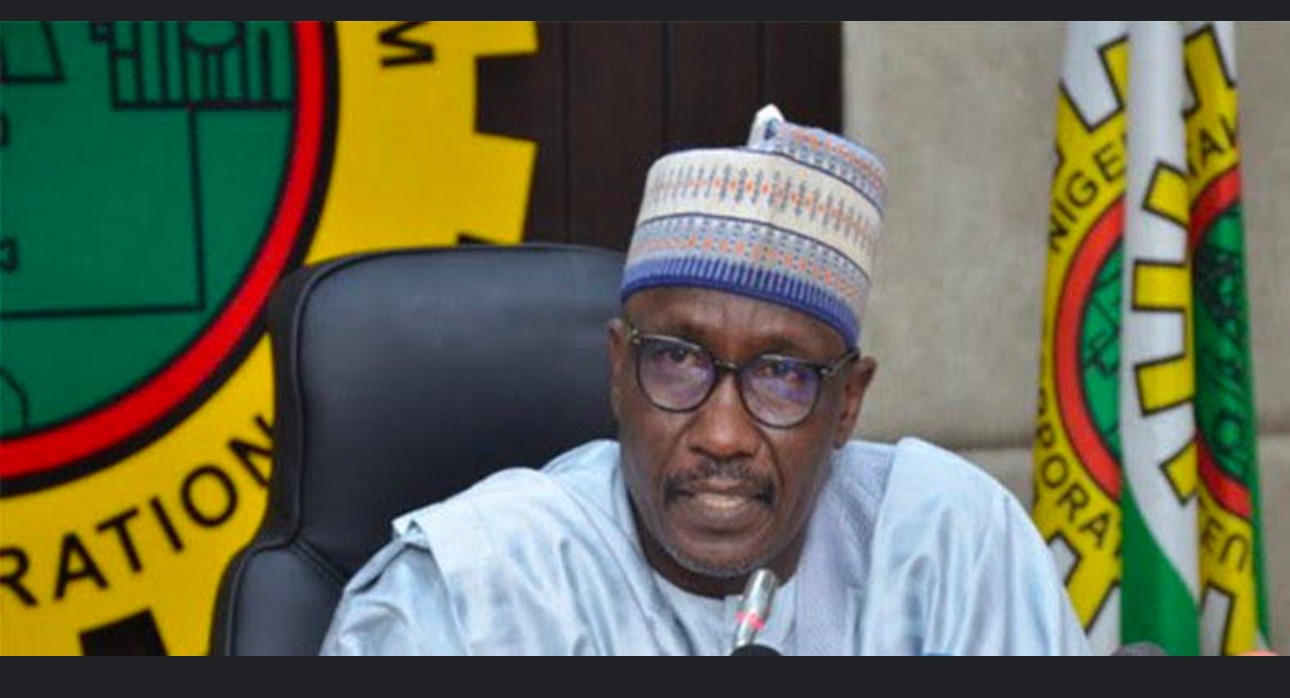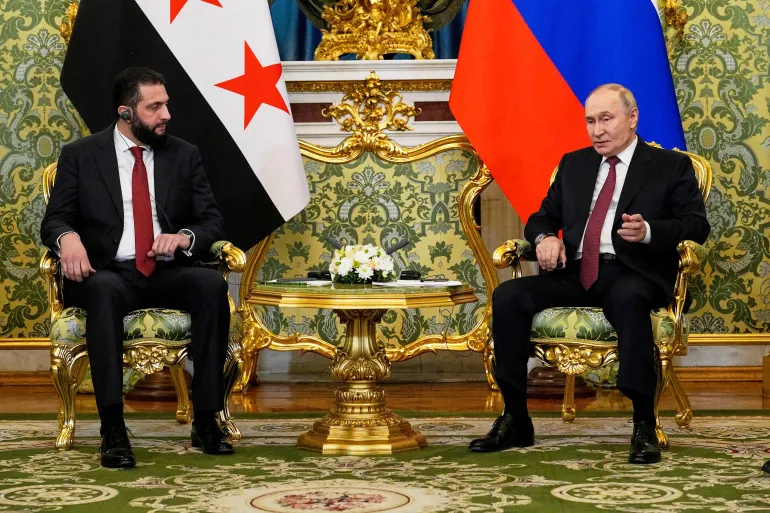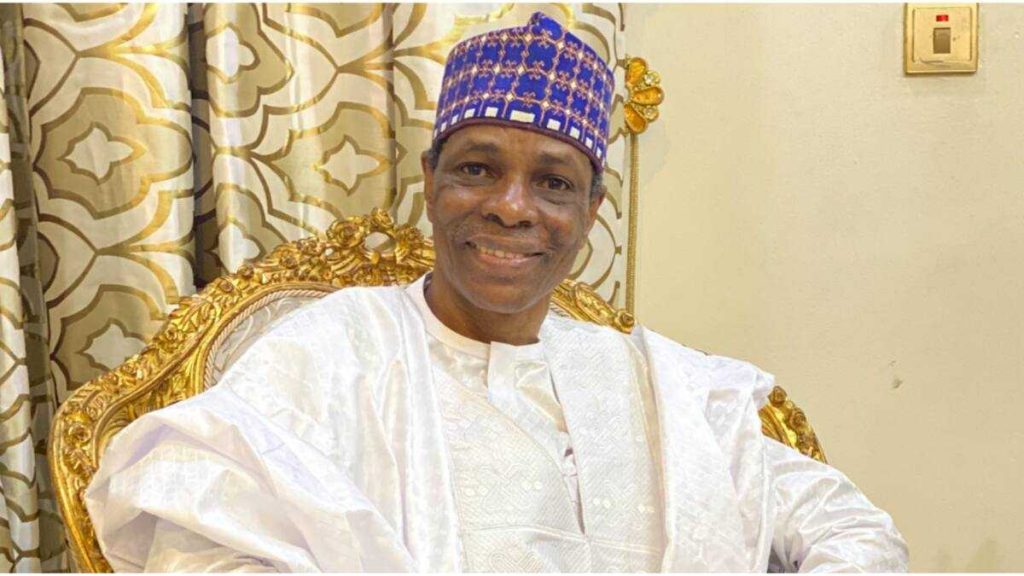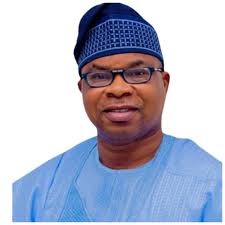NNPCL Boss Warned Against Reviving Kyari’s Dollar-chasing Schemes as Naira-for-Crude Policy Gains Traction

The new leadership of the Nigerian National Petroleum Company Limited (NNPCL) has come under pressure to steer clear of past reform policies associated with former Group Chief Executive Officer, Mele Kyari, as the Federal Government’s reinstated naira-for-crude policy garners widespread support from stakeholders.
The warning was issued by the Energy Justice Forum (EJF), a coalition of energy rights advocates, which voiced strong opposition to any attempts to revive what it described as Kyari’s “dubious and dollar-chasing” policies. Speaking on Friday, EJF’s National President, Dr. Godknows Manager, accused the former NNPCL chief of implementing reforms that undermined local refining and exposed Nigeria to damaging foreign exchange pressures.
“Kyari’s reforms nearly collapsed the economy,” said Dr. Manager. “They made the oil industry heavily dependent on foreign exchange, discouraging domestic refining and prioritizing export over national energy security. It would be a fatal mistake to repeat that path.”
The comments came as Tinubu’s government re-launched the naira-for-crude programme—a policy where local refineries are allowed to purchase crude in Nigerian naira as opposed to foreign exchange. The policy, previously suspended by Kyari at the head of affairs, is now being framed as a panacea of enduring solutions for diversifying Nigeria away from foreign exchange reliance and increasing domestic refining capacity.
The Federal Executive Council has fully approved the policy implementation, and it becomes a core pillar of the country’s overall economic stabilization and energy security policies.
In a show of mass support, the Conference of Nigeria Political Parties (CNPP) has hailed the new NNPCL leadership for reviving the initiative. CNPP Deputy National Publicity Secretary, Comrade James Ezema, said the policy would help reposition Nigeria’s oil industry and give refineries access to stable and cheap crude oil.
This policy gives our domestic refineries the room they need to breathe,” Ezema said. “It reduces dependence on forex and encourages investment in local refining. We also call on the government to introduce discounted crude prices to further support these local plants.”
Meanwhile, the Federal Ministry of Finance clarified that the naira-for-crude program is not a short-term stop-gap but a structural policy in the long term. The policy, the ministry clarified, is for building a sustainable system whereby Nigeria can refine and sell petroleum products locally independently of global markets or volatile currency exchange.
With new leadership at NNPCL, stakeholders are calling for a clear departure from controversial past reforms and a fresh focus on transparency, accountability, and inclusive growth.
Experts believe that if well executed, naira-for-crude policy has the potential to be a game-changer in Nigeria’s oil sector, fueling employment creation, reduced import dependency, and fuel value chain stability across the country.
As Nigeria charts a new path for its oil industry, public and world communities are watching anxiously to observe NNPCL’s next steps—hopes that history will chart a more resilient and human-centered energy future.









